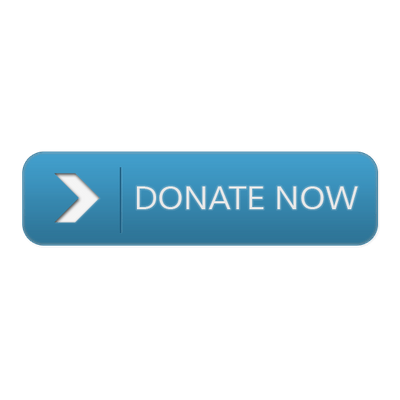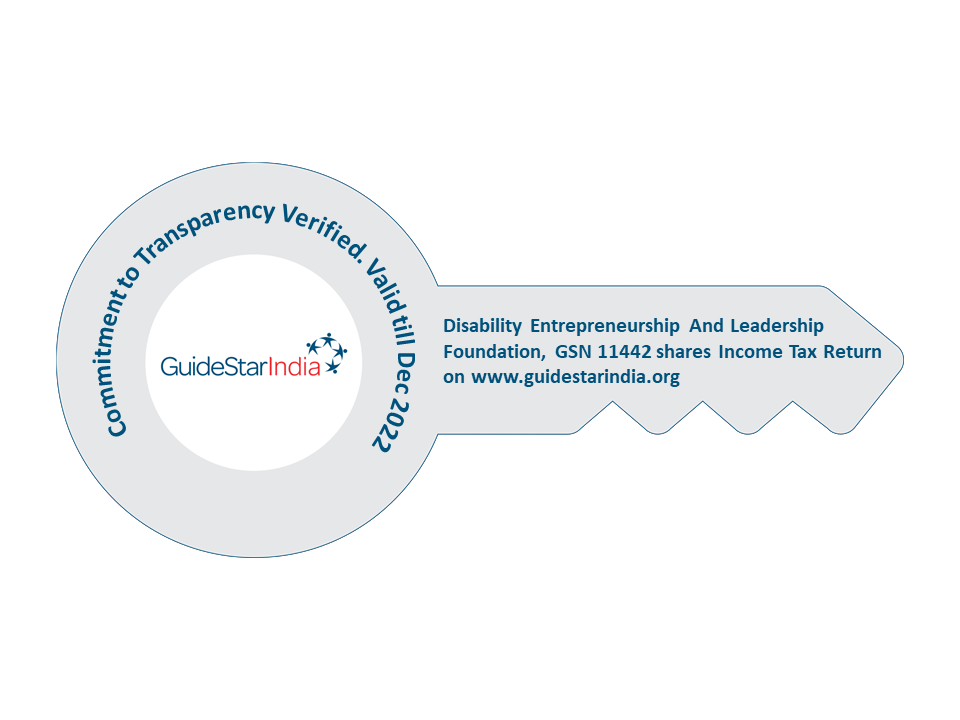According to the Rights of Persons with Disabilities Act, 2016 ‘Person with disability’ means a person with long term physical, mental, intellectual or sensory impairment which, in interaction with barriers, hinders his full and effective participation in society equally with others.
Over 1 billion people are estimated to experience disability. This corresponds to about 15% of the world’s population, with up to 190 million (3.8%) people aged 15 years and older having significant difficulties in functioning, often requiring health care services.
People with disability also face barriers and discrimination when accessing health and health-related services.
Disability is extremely different for each individual, while some health conditions that are associated with disability give rise to poor health and extensive health care needs, others may not. However, all people with disability have the same general health care needs as everyone else, and therefore need access to accessible and good health care services.
Article 25 of the UN Convention on the Rights of Persons with Disabilities (CRPD) reinforces the right of persons with disability to attain the highest standard of health, without discrimination. However, the same is not true in most of the middle and low income countries.
People residing in these countries often encounter lot of barriers to receiving proper health care. These could include,
- by health service providers and other staff at health facilities. This is due to the lack of awareness among health care givers and the staff at health centres in dealing with persons with disabilities.
- Many service providers have limited knowledge and understanding of the rights of people with disability and their health needs and also have inadequate training and professional awareness about different disabilities.
- Many health services do not have policies in place to accommodate the needs of people with disability which could include allowing longer and flexible appointment times, providing extended services and reducing costs for people with disabilities.
- Women with disability face particular barriers to sexual and reproductive health services and information. This is because health workers often assume that women with disabilities are unfit to be mothers. While persons with disabilities are faced with attitudinal barriers, physical barriers also largely contribute to a person receiving inadequate health care. These include,
Lack of transport facilities from and to the health care centre.
Lack of elevators and ramps at the entrance and exit of health care centres.
Inaccessible toilets, passages, doorways and rooms that do not accommodate wheelchair users, or are difficult to navigate for people with mobility impairments.
Furniture’s such as high beds or chairs often prove to be inaccessible for persons with disabilities.
Health facilities often have poor lighting conditions and do not have clear signage or are laid out in a confusing way which can make it hard for people to find their way around. If these barriers are taken in to consideration and are worked upon, persons with disabilities will have better access to health care and lead a healthy life.
(Source: who.int)
Disability Entrepreneurship And Leadership (DEAL) foundation works across the districts of Gadag and Bengaluru to create sustainable livelihood opportunities for persons with disabilities. We also emphasise on the importance of health and hygiene for persons with disabilities.
We are working with the authorities to improve access to healthcare facilities for persons with disabilities.
For any questions one might have regarding the blog, please write to us at info@deal-foundation.com.
To know more about the work we do, please log on to www.deal-foundation.com.


 Awarded by Guidestar India
Awarded by Guidestar India